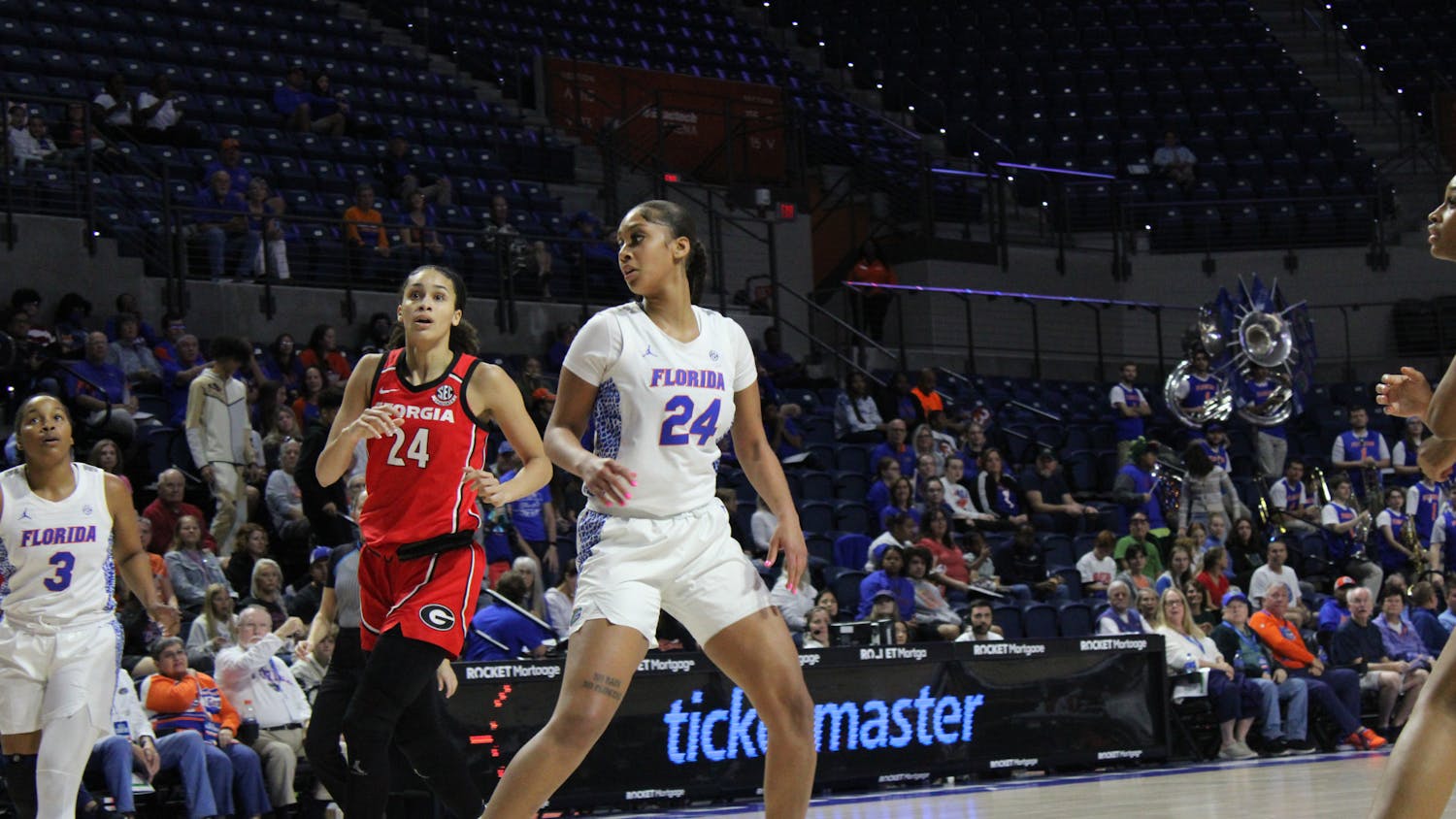Let’s go back to Sept. 8, 2011. The U.S. unemployment rate is around 9 percent and President Barack Obama has called a joint session of Congress to address the nation on what the U.S. government is going to do to improve the economy. Millions of Americans at the time were struggling to make ends meet while unemployed, scraping together what they had just to make it by. That night, Obama had the answer to the fear and struggle of many Americans. But this wasn’t the priority for most: That night it was Thursday Night Football.
As the New York Times put it a day before the grand event, "Obama is president, but football is king," which is why he decided to move the speech to an hour before kickoff. And even then, football fans were vocal about how the President of the United States would interrupt the pregame show.
Once again, Obama addressed the nation Sunday — football Sunday. Football fans don't forget to watch their favorite team’s game, because it is their team. The problem is you would be hard-pressed to find a group of Americans on Sunday who thought they had to watch the presidential address because it is their country.
Just imagine what kind of country we would be if we cared as much about being a part of the U.S. as we do about our football. If Americans could come together for politics as they do every weekend for football, our political culture would completely shift for the better.
With elections around the corner, so is the debate about campaign financing. Let’s take one of the teams that played that night in 2011: the Green Bay Packers. They are publically owned by the fans themselves. Americans feel their individual influences are no match for corporate campaign financing, yet the Green Bay Packers franchise, one of the most elite franchises in the NFL, is merely a group of passionate fans competing against teams owned by millionaires and billionaires.
The difference lies in passion. The waiting list for Green Bay Packers season tickets is 81,000 names, with the average wait time being 30 years. Fans only stop showing support when they are no longer breathing. What if people supported a presidential candidate the same way?
The power of passion can be seen here at UF. Most incoming students say football games are why they are excited for college. The crazy thing is many students have no clue about football before they get here. But they learn so they can enter Ben Hill Griffin Stadium on certain Saturdays in order to share in the camaraderie that can be found nowhere else.
At the same time, many college freshmen are becoming first-time football fans, they are also the age at which they can vote for the first time. However, no college student tries as hard to take part in his or her civic duty as they do to participate in cheering on a college football team. It usually has something to do with young people not believing their individual votes count enough to affect the election outcome. Then again, does the decision to watch their favorite football team affect who wins the game?
The difference in passion for football and politics hurts America most when it comes to how opinions are formed. Football fans know better than to give an ill-informed opinion. Fake fans are shunned and ostracized. However, people have no problem telling you their opinion on terrorism and what happened in San Bernardino, California, even if they haven’t read a lick of news to know what is going on. Say what you want about the president, but his administration is the most informed about what's happening in America. So maybe it would be nice if people took the time to just hear what Obama has to say the same way people watch ESPN before they tell their friends who’s going to win next week.
If you still aren’t convinced, just think about this: Four times as many Americans would watch Obama’s State of the Union address if he waited a couple of weeks to give it during the halftime show of the Super Bowl. At least it would be better than Coldplay.
Joshua Udvardy is a UF engineering freshman. His column appears on Wednesdays.





